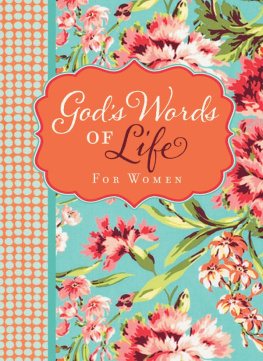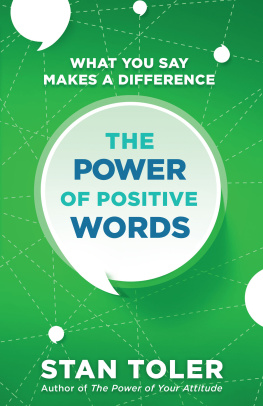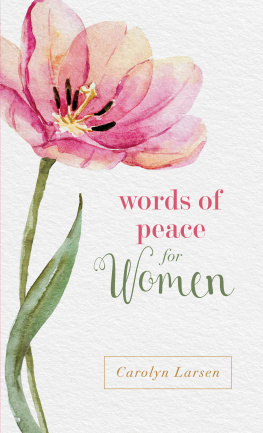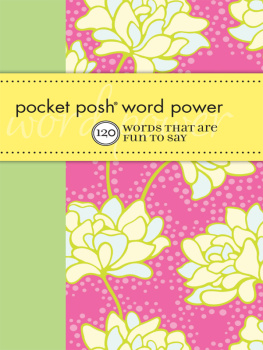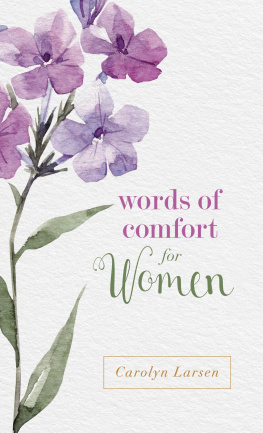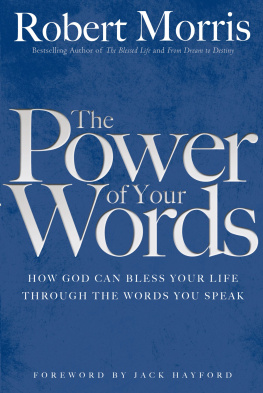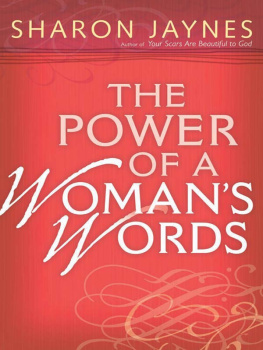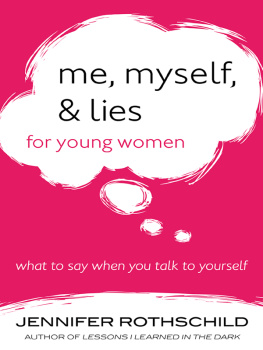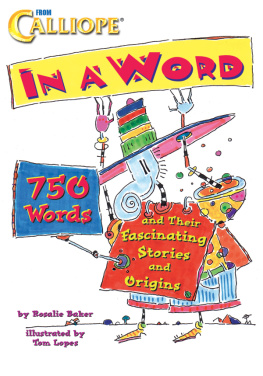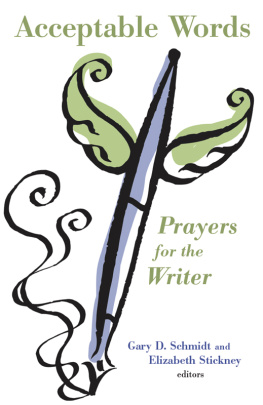Lizzie Skurnick has been the go-to person for words for as long as I can remember. Now, she has gone even further, redefining the way we use them. This collection of breathtaking essays shows how seemingly innocuous words (and some pretty ugly ones, too) were once used to keep women downbut not anymore. Take that, mansplainers. Pretty Bitches is truly something.
Note to men: When you describe an ex-girlfriend or wife crazy, all it tells me is that youre an emotional idiot. Note to women: This great new book by Lizzie Skurnick recasts the various insults directed at us for decades and centuries, breathing confident life into what it means to be an unabashed, bossy, crazy-ass bitch.
Funny, trenchant, moving, breathtakingthe essays here remake a language that has been used so often to trap women so that it can free them instead. A prismatic look at the state of being a woman today, from some of our best living writers.
This book is hilarious, amazing, and inspiring. An incredible anthology of brilliant women. Buy this book today, preferably more than one copy.
Clever and potent The books smart premise and the incisive essays themselves are immensely relatable and should provide a great catalyst for personal introspection and thoughtful and productive discussion.
Sharp-witted and intimate [An] eloquent inquiry into how language enshrines gender stereotypes.
This uplifting collection serves as a good first step toward highlighting whats wrong with how women are talked about. A galvanizing, sharp compendium.
Copyright 2020 by Lizzie Skurnick
Cover design by Shreya Gupta
Cover image Jakub Grygier/Shutterstock.com
Cover copyright 2020 Hachette Book Group, Inc.
Hachette Book Group supports the right to free expression and the value of copyright. The purpose of copyright is to encourage writers and artists to produce the creative works that enrich our culture.
The scanning, uploading, and distribution of this book without permission is a theft of the authors intellectual property. If you would like permission to use material from the book (other than for review purposes), please contact permissions@hbgusa.com. Thank you for your support of the authors rights.
Seal Press
Hachette Book Group
1290 Avenue of the Americas, New York, NY 10104
www.sealpress.com
@sealpress
First Edition: March 2020
Published by Seal Press, an imprint of Perseus Books, LLC, a subsidiary of Hachette Book Group, Inc. The Seal Press name and logo is a trademark of the Hachette Book Group.
The Hachette Speakers Bureau provides a wide range of authors for speaking events. To find out more, go to www.hachettespeakersbureau.com or call (866) 376-6591.
The publisher is not responsible for websites (or their content) that are not owned by the publisher.
Library of Congress Cataloging-in-Publication Data
Names: Skurnick, Lizzie, editor.
Title: Pretty bitches: on being called crazy, angry, bossy, frumpy, feisty, and all the other words that are used to undermine women / edited by Lizzie Skurnick; with an introduction by Rebecca Traister.
Description: First edition. | New York: Seal Press, [2020] | Includes bibliographical references.
Identifiers: LCCN 2019038650 | ISBN 9781580059190 (hardcover) | ISBN 9781580059206 (ebook)
Subjects: LCSH: Right-wing extremists. | Hate speech. | Self-esteem. | Feminist theory.
Classification: LCC HN49.R33 P73 2020 | DDC 303.48/4dc23
LC record available at https://lccn.loc.gov/2019038650ISBNs: 978-1-58005-919-0 (hardcover), 978-1-58005-920-6 (ebook)
E3-20200127-JV-NF-ORI
For my teacher Lynne Vardaman, who told me to be louder
A bitch is a female dog.
That was the response you gave to bitch in my middle school. Though I never got to use it, because no one called me a bitch. They said things like, Dont argue with Liz! or Shes pretty, but or Youre really intimidating. They said, Its okay that my top is bigger, because your bottom is bigger, or I never think of you as black, or You have a Jewish nose, or Flab! Teachers told me, Let someone else answer, and friends assured me, Youll get into Yale because youre black. People said, I wish I were as thin as you, or Youre twice as big as she is. They said, Liz will be so pretty when she grows up, with her looks and her figure, and Liz is ugly.
All of which is to say, they saidas we all didnumerous contradictory things, some compliments, some torments, many subject to opinion, many sheer sexism or racism. But none of it mattered because the world changed, we grew up, and we turned out to agree, or disagree, or laugh about them in therapy, or never think of them at all.
Or did we?
When the term mansplaining was invented, I was confused. No one ever mansplained to medid they? Manspreading, on the other hand, I understood. Every day on the subway, I smashed down between two men whose thighs were taking up three seats, terrified of being yelled at, doing it anyway. When #MeToo started, I wrote down all the times I had actually been sexually harassed. Two strangers had seriously attempted to rape me, I realized. Bosses had massaged my shouldersand fired me when I told them to stop. I had moved after a Con Ed man exposed himself and masturbated in my living room, then claimed I had met him the night before at a club. I had physically hidden from menmen hitting on me, following me, even chasing me. Men had snidely said, Oh, girls books when I talked about my work in young adult literature. Not one but two boys routinely tackled me after I made a touchdownin touch football. And yes, when my boss opined, There are no real women writers, that was mansplaining. I had just been tuning it out.
There was something so freeing about this new language, a language invented to describe womens experiences we had never had words for. Jezebels brilliant construction: Crap Emails from a Dude. That was the term for those lengthy self-justifying, self-pitying, oddly formal emails you got after a breakup! #YesAllWomenthat was what you said when men said not all men were sexual predators! Those men commenting on my articles who said I needed to be taken out in a car and fuckedthat wasnt because I was a bad writer. That was called toxic masculinity. The colleague who repeatedly harassed and accosted me in the halls after I declined coffee? I was not unprofessional for saying no. That was workplace harassment.
All this time, I had thought I was being a good feminist, pushing myself, not letting men take advantage of me or drag me down. But it was now clear I was staggering under a huge load of guilt, shame, and dread. All of these experiences: I had thought they were something I could have prevented or had brought onthat they were my fault. But now I had words for all of them.
And it wasnt.
When Hillary lost, buried in an avalanche of flawed and shrill and ambitious, I started to think back on those small words again.
How I was loud, or argumentative


